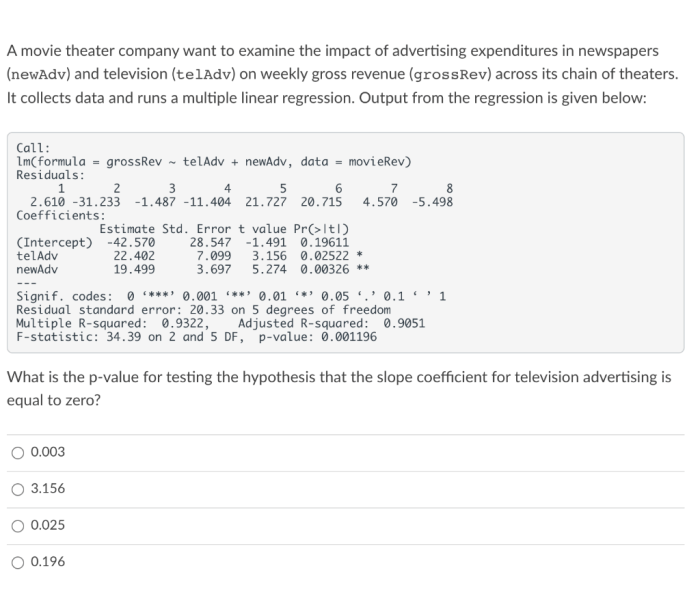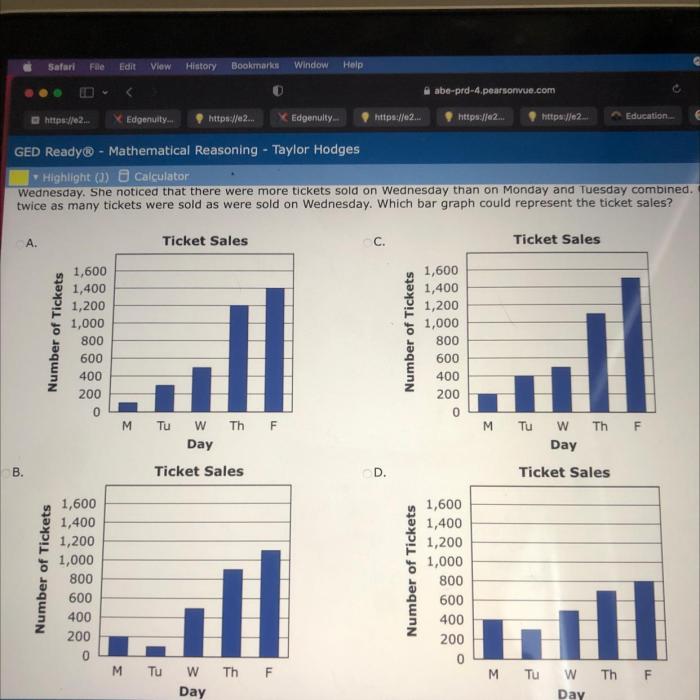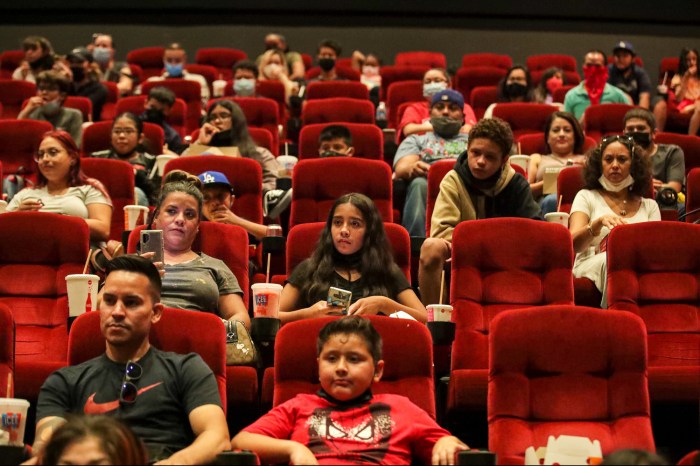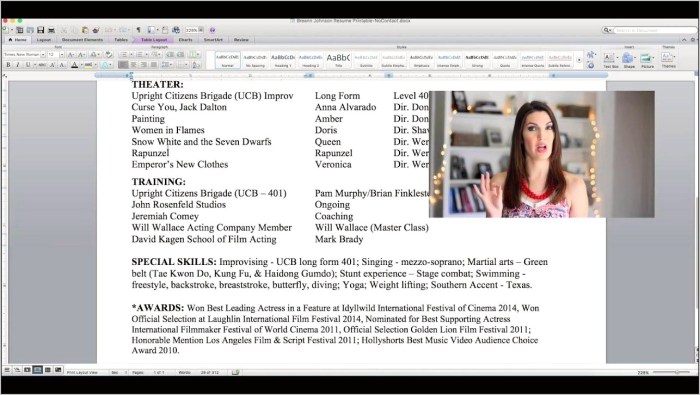The manager at a movie theater collects data to gain valuable insights into customer behavior, preferences, and trends. This data-driven approach empowers managers to make informed decisions that enhance the movie-going experience and drive profitability.
Through various data collection methods, managers gather information on ticket sales, concession purchases, loyalty program participation, and social media engagement. This data is analyzed to identify patterns, preferences, and areas for improvement.
Data Collection Methods

The manager at a movie theater collects data using various methods to gain insights into customer behavior, operational efficiency, and overall performance.
These methods include:
- Surveys: Customers are given surveys to gather feedback on their experience, preferences, and suggestions.
- Transaction data: Data is collected from ticket sales, concessions purchases, and membership sign-ups to track customer behavior and revenue.
- Loyalty programs: Customer loyalty programs offer incentives for repeat visits, providing the manager with valuable data on customer demographics, purchase history, and engagement.
- Web analytics: Data is collected from the movie theater’s website to analyze traffic, user behavior, and conversion rates.
li>Social media monitoring: The manager monitors social media platforms to track customer sentiment, identify trends, and engage with customers.
Data Types

The manager collects various types of data, including:
- Customer demographics: Data such as age, gender, location, and income level helps the manager understand the target audience.
- Purchase history: Data on movie tickets purchased, concessions consumed, and loyalty program redemptions provides insights into customer preferences and spending habits.
- Operational data: Data related to staff scheduling, equipment maintenance, and inventory management helps the manager optimize operations.
- Market data: Data on industry trends, competitor performance, and economic indicators helps the manager make informed decisions.
li>Customer feedback: Data from surveys and social media monitoring provides valuable feedback on customer satisfaction, service quality, and areas for improvement.
Data Analysis: The Manager At A Movie Theater Collects Data

The manager analyzes the collected data using various tools and techniques, including:
- Descriptive statistics: Measures of central tendency, such as mean, median, and mode, are used to summarize the data.
- Inferential statistics: Hypothesis testing and regression analysis are used to draw conclusions about the population from the sample data.
- Data visualization: Charts, graphs, and dashboards are used to present the data in a visually appealing and easy-to-understand format.
- Machine learning: Predictive models are developed using machine learning algorithms to identify patterns and make predictions.
- Data mining: Advanced data analysis techniques are used to uncover hidden insights and relationships within the data.
Query Resolution
What are the benefits of data collection for movie theater managers?
Data collection provides insights into customer behavior, preferences, and trends, enabling managers to make informed decisions that improve operations, enhance customer satisfaction, and increase revenue.
How do movie theater managers collect data?
Managers use various methods to collect data, including ticket sales tracking, concession purchases analysis, loyalty program participation monitoring, and social media engagement tracking.
What types of data do movie theater managers collect?
Managers collect data on customer demographics, ticket sales, concession purchases, loyalty program participation, social media engagement, and movie ratings.
